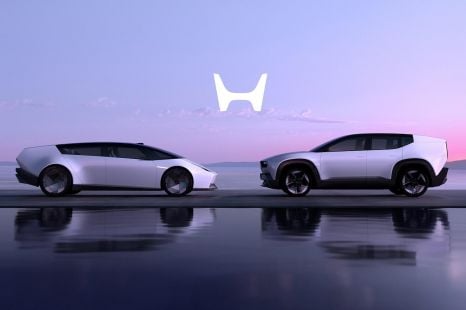

Derek Fung
Honda revises EV strategy after posting fourth straight quarterly loss
2 Hours Ago
Owners of electric, plug-in hybrid and hydrogen vehicles in Victoria will be expected to pay a per-kilometre road usage fee from July 1, 2021.

News Editor
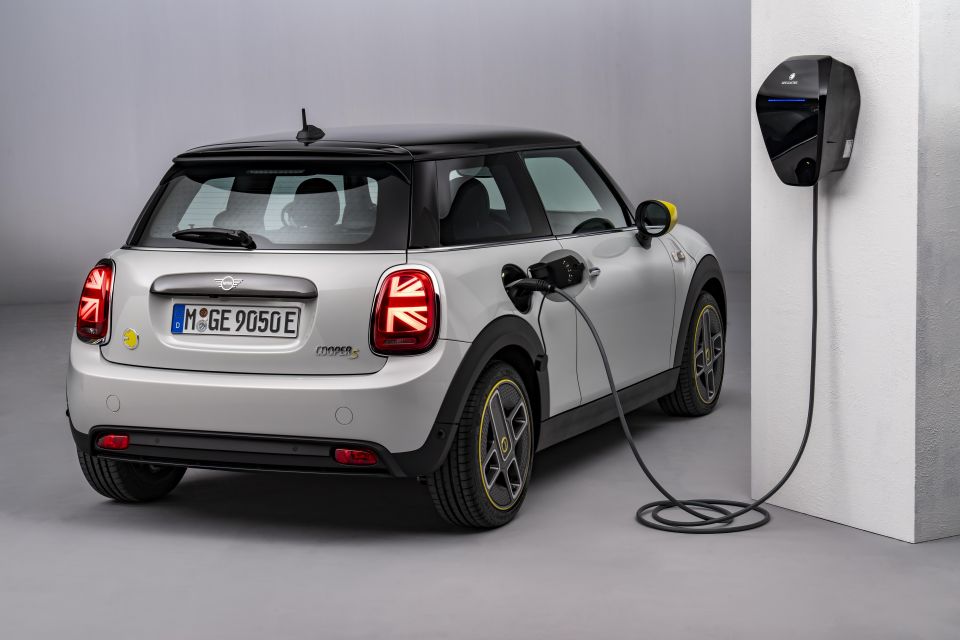

News Editor
It’s official: the Victorian Government will be charging electric vehicle and plug-in hybrid owners a road tax.
The Zero and Low Emission Vehicle Distance-based Charge Bill 2021 has passed both houses of state parliament and comes into effect on 1 July 2021.
Owners of pure-electric vehicles will pay 2.5 cents per kilometre, with this charge applicable for any hydrogen fuel-cell vehicles.
Owners of plug-in hybrid electric vehicles (PHEVs) will pay 2.0 cents per kilometre.
Don’t expect these prices to stay static, either, as the charges will be indexed and may change each financial year.
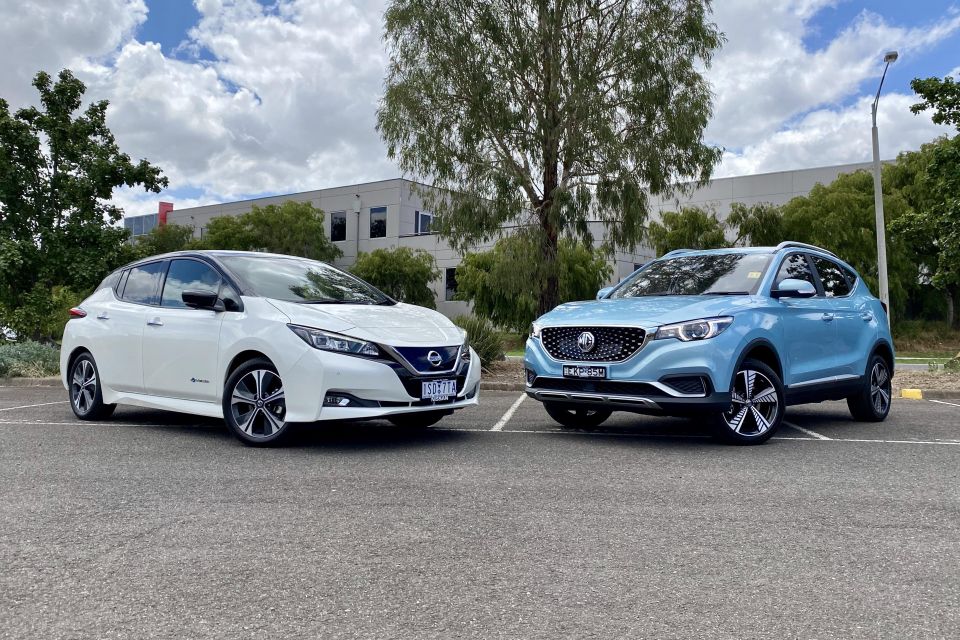
At first, an electric vehicle owner who travels 15,000km per year will be charged $375 on top of their annual registration fee, while plug-in hybrid owners will pay an extra $300 per year.
Owners of EVs and PHEVs will be instructed to provide an ‘initial declaration’ with evidence of their odometer reading, such as a photograph.
Subsequent declarations will require owners to provide their odometer reading or, according to the bill, “a statement of the total distance travelled by the ZLEV since the previous declaration”.
The bill also specifies that for subsequent declarations you can provide evidence of “the distance, if any, travelled by the ZLEV since the previous declaration that was not on specified roads (and therefore not subject to the ZLEV charge)”.
The definition of a ‘specified road’ does, however, specifically include highways outside of Victoria.
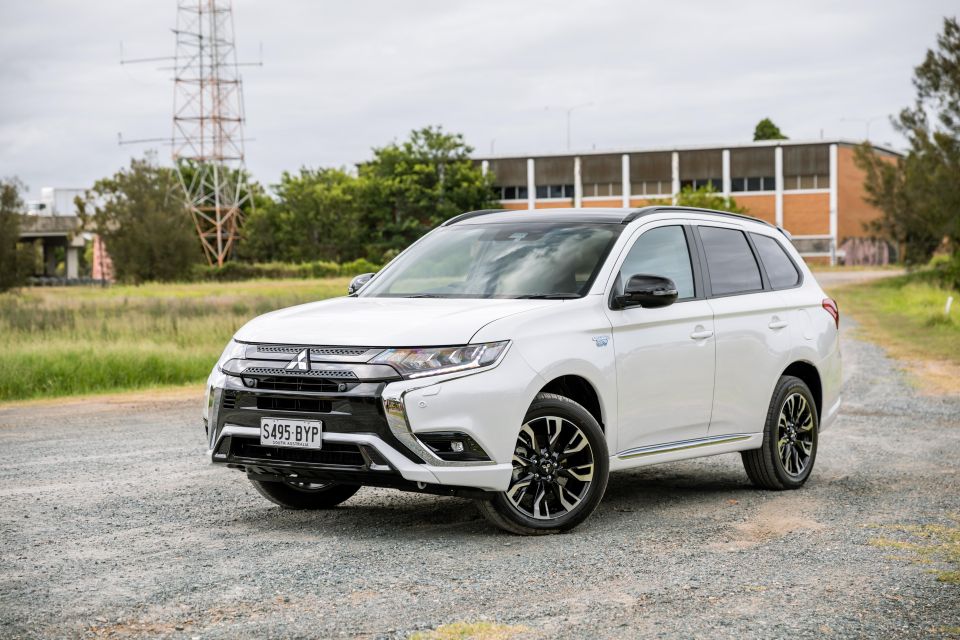
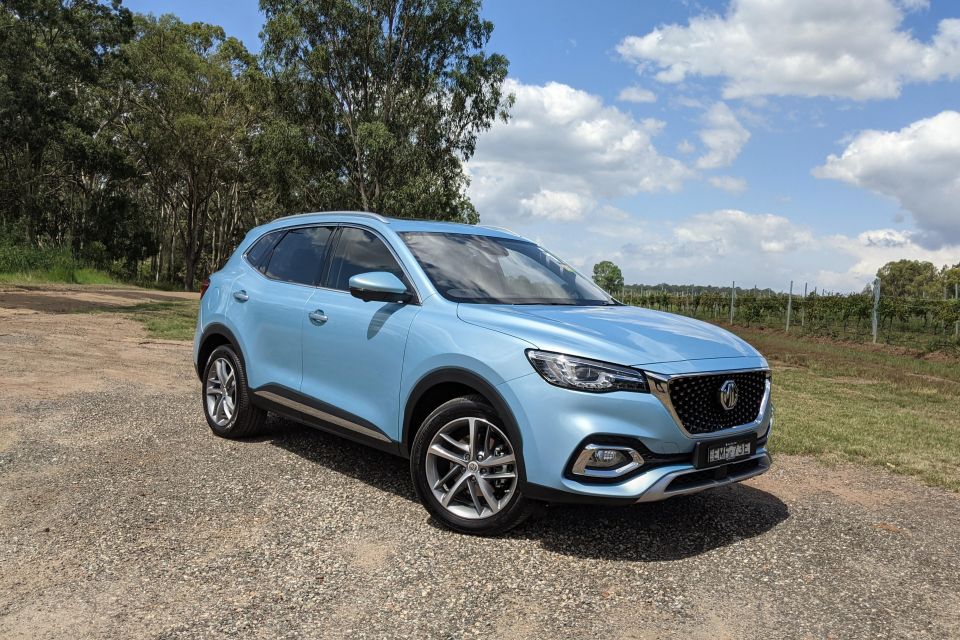
The bill also specifies that, should there be insufficient or misleading information provided or no declaration, the Government can determine the charge “on the basis of any information available or by way of estimate”.
The Government can also provide written notice that a ZLEV must be presented for inspection to determine its odometer reading.
If you don’t pay your tax amount on time, you’re looking at interest charges. Continue to avoid payment and your registration can be suspended or even cancelled.
Although the estimated $30 million the tax will raise annually won’t be funnelled directly into electric vehicle infrastructure, the Treasurer said $45 million will be set aside in the budget to boost take-up of hybrid, plug-in hybrid, and electric vehicles.
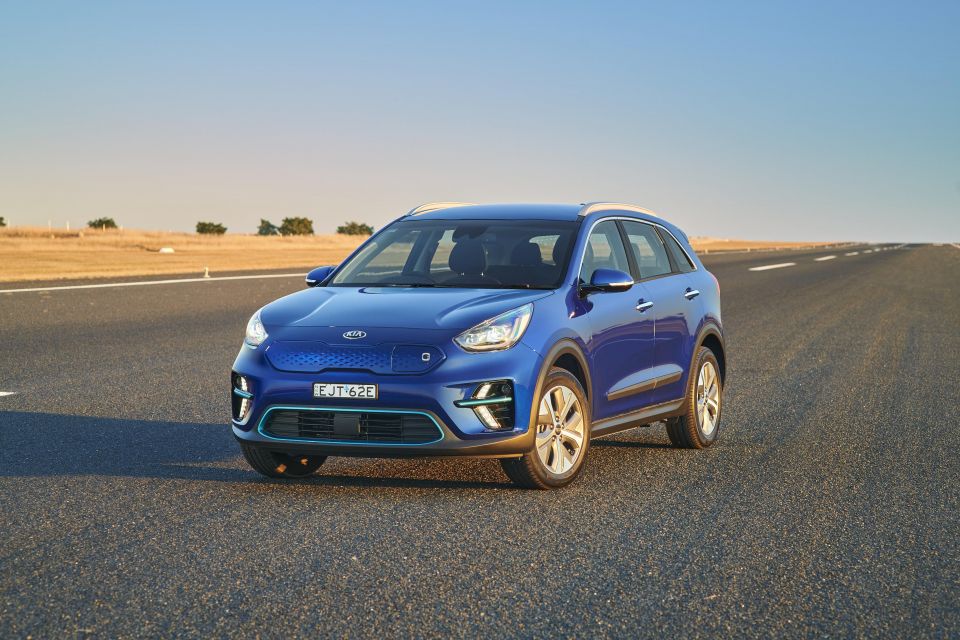
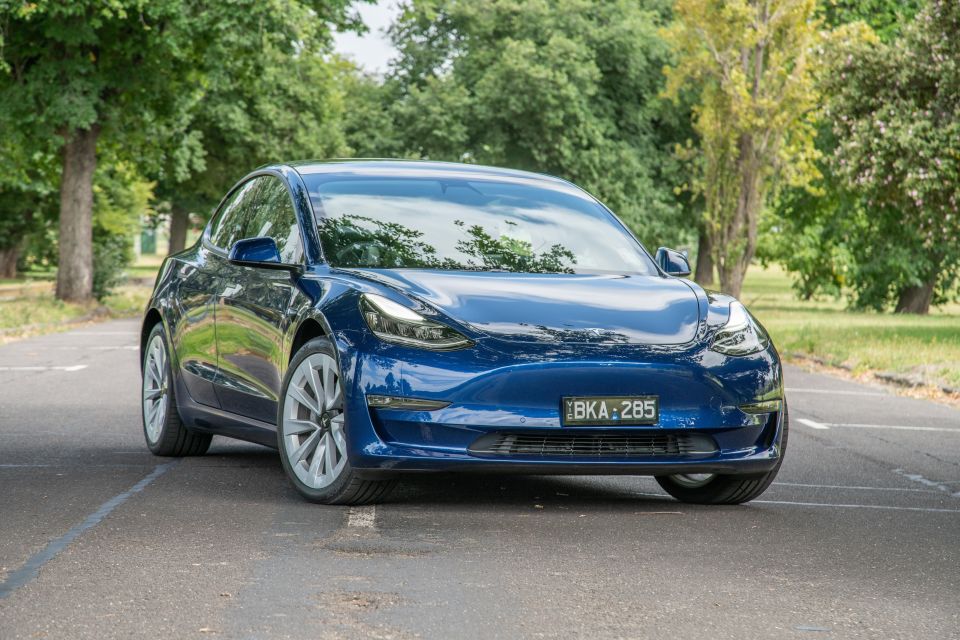
After copping criticism for putting forward the road tax, Victoria’s Labor Government announced a $100 million package to cut emissions by 2030 and push for 50 per cent of its new car sales to be electric or hydrogen by that date.
The headline item in the package is the $3000 subsidy for new electric vehicle purchases, which applies to any electric vehicles priced below $69,000.
Victoria’s fleet of government vehicles will also be gradually made electric, with $10 million set aside to buy 400 zero-emissions cars by 2023.
While stakeholders like the Federal Chamber of Automotive Industries (FCAI) have been fairly positive regarding the incentive program, there’s been a lot of criticism directed at the road user charge.
“Road user charging decisions should not be based around specific technologies and particularly those that are in their relative infancy in the Australian market,” said FCAI chief Tony Weber.
“An efficient road user charging scheme can address all vehicle users regardless of the type of vehicle they drive, how often it is driven and the purpose of the travel.”
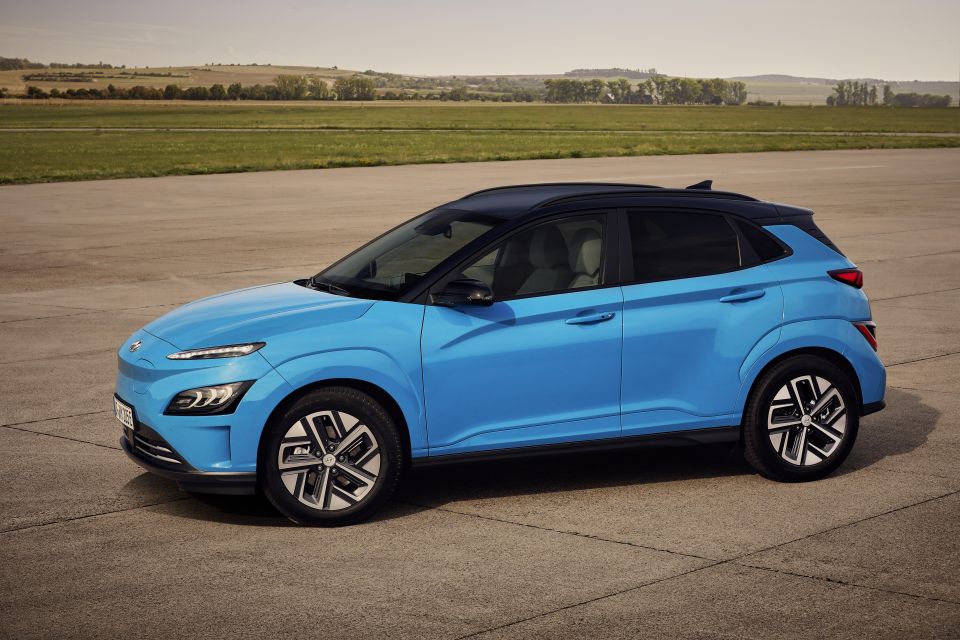
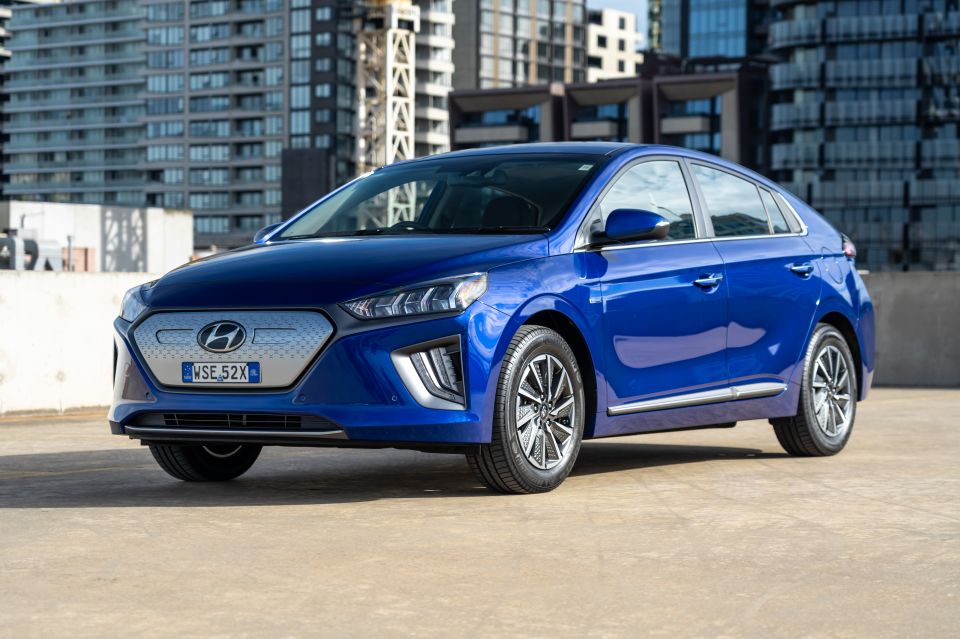
Chairman of the Electric Vehicle Council of Australia, Behyad Jafari, was even more critical of the tax, calling it a “shameful abdication of Victoria’s intention to reduce emissions”.
Automakers have also pilloried the move.
“It simply doesn’t make sense when on the one hand we’re talking about the imperative of addressing the issues of global warming, but before the products even hit the market and before they even have a chance of getting a foothold, very parochial state treasurers are deciding that we should tax them,” said Volkswagen Australia managing director Michael Bartsch.
South Australia has proposed a similar road tax for electric vehicles, though it has yet to be signed into law.
William Stopford is an automotive journalist with a passion for mainstream cars, automotive history and overseas auto markets.


Derek Fung
2 Hours Ago
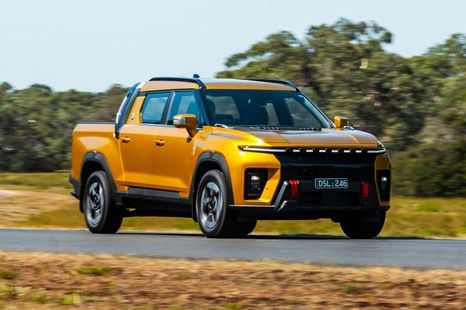

Ben Zachariah
9 Hours Ago


James Wong
9 Hours Ago
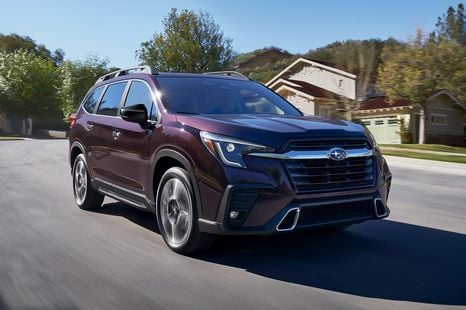

James Wong
9 Hours Ago
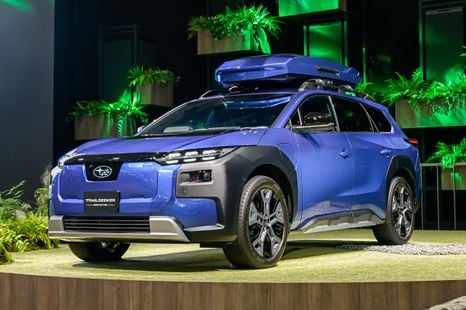

James Wong
9 Hours Ago
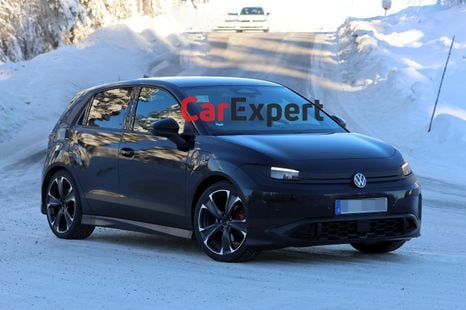

Damion Smy
15 Hours Ago
Add CarExpert as a Preferred Source on Google so your search results prioritise writing by actual experts, not AI.